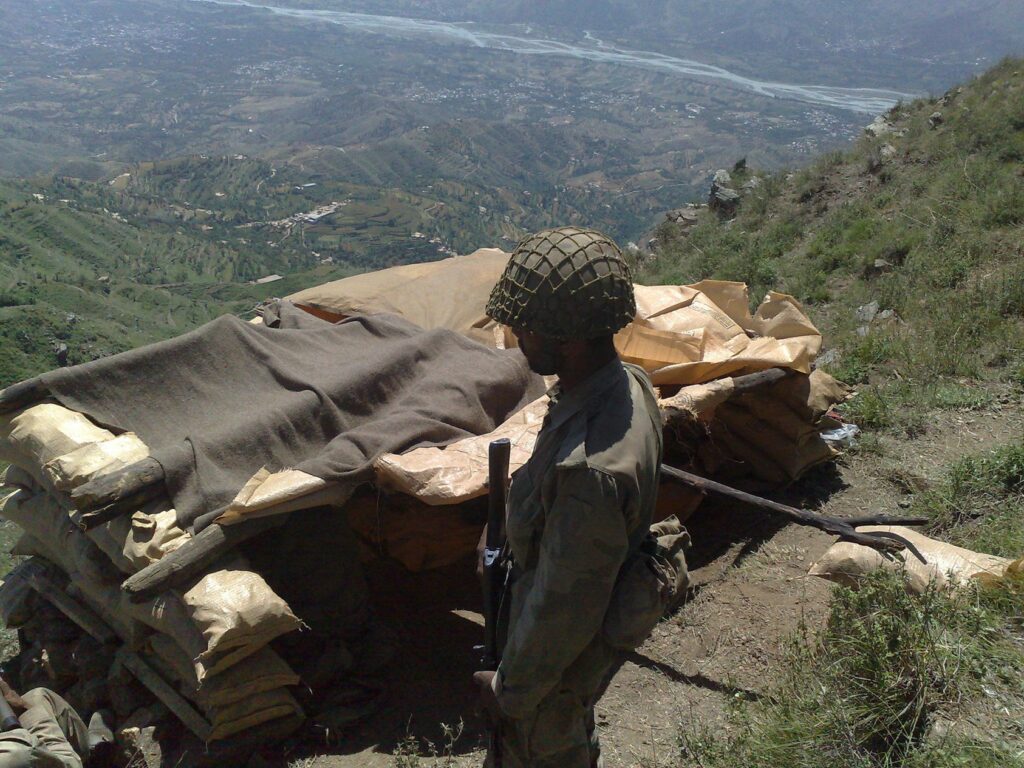
Tehrik-i-Taliban Pakistan (TTP) has been one of Pakistan’s deadliest militant organizations since its inception in 2007. For over a decade, the group terrorized the country with horrific attacks such as the 2014 massacre in Peshawar that killed over 150 people. And while Pakistan security forces had severely curtailed TTP’s ability to launch attacks by 2016, a recent deadly attack in Quetta suggests that the group is rebuilding. While TTP’s lethality remains low, renewed attacks and the resurgence of the Afghan Taliban in Afghanistan could potentially revitalize TTP in Pakistan and the region.
With the U.S. military drawdown in Afghanistan and continued India-Pakistan tensions along the Line of Control, understanding the motivations of TTP is imperative to developing effective policies to counter its growth, recruitment power and influence. To this end, USIP commissioned a report to analyze the evolution of TTP and its possible resurgence.
Join USIP for a discussion with the report’s author and a panel of experts. The conversation will assess factors that could shape TTP’s trajectory and explore options for the Pakistani government, with cooperation and support from the United States, to stifle its reemergence.
Speakers
Amira Jadoon
Report Author; Assistant Professor and General John P. Abizaid Research Associate, Combating Terrorism Center and the Department of Social Sciences, West Point
Asfandyar Mir
Postdoctoral Teaching Fellow, Center for International Security and Cooperation, Stanford University
Tricia Bacon
Assistant Professor, School of Public Affairs, American University
Tamanna Salikuddin, moderator
Director, South Asia Programs, U.S. Institute of Peace
